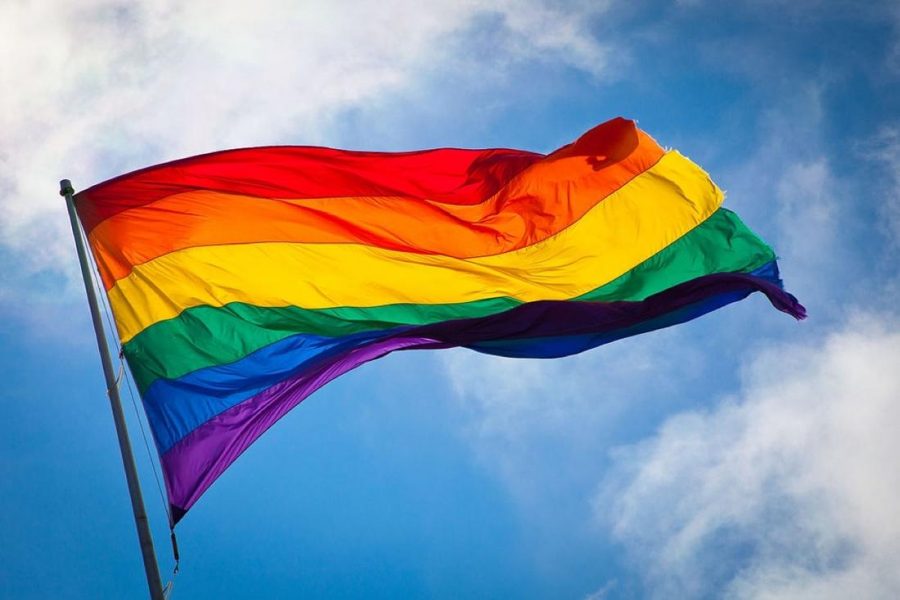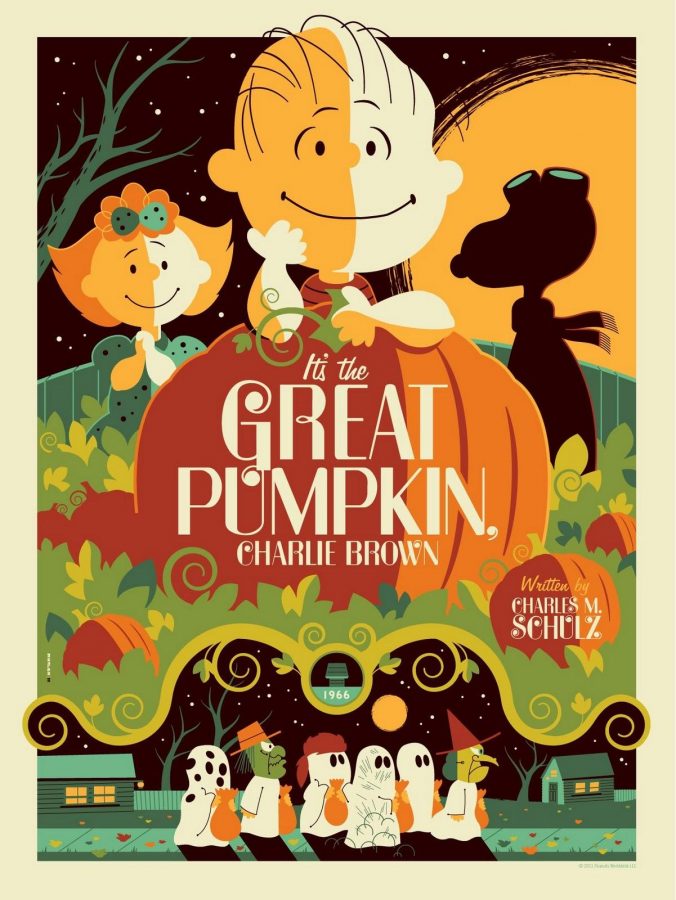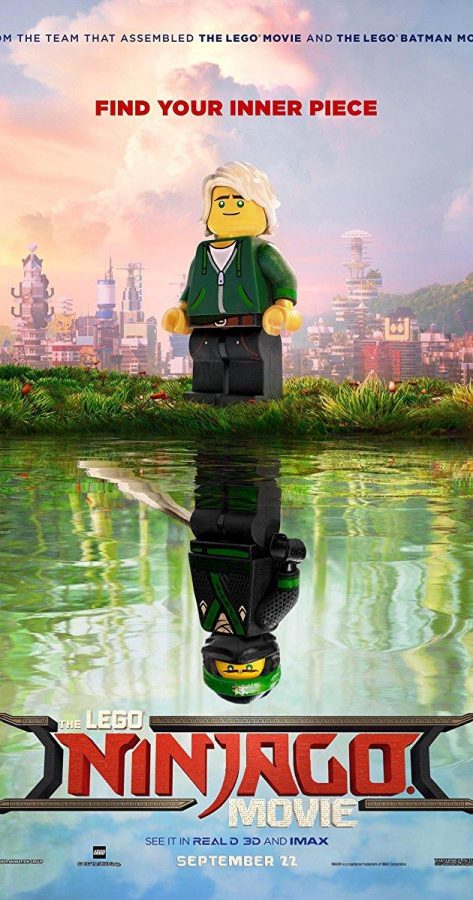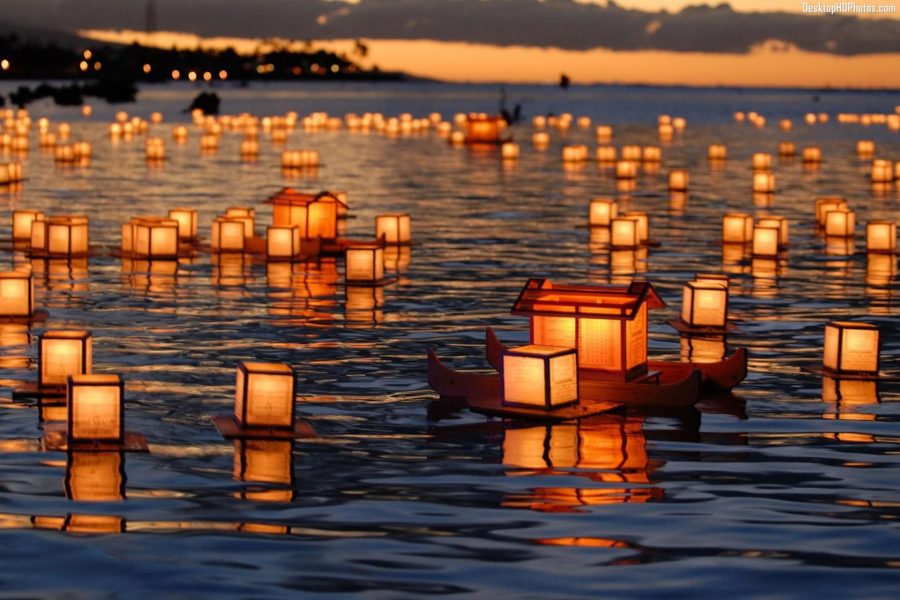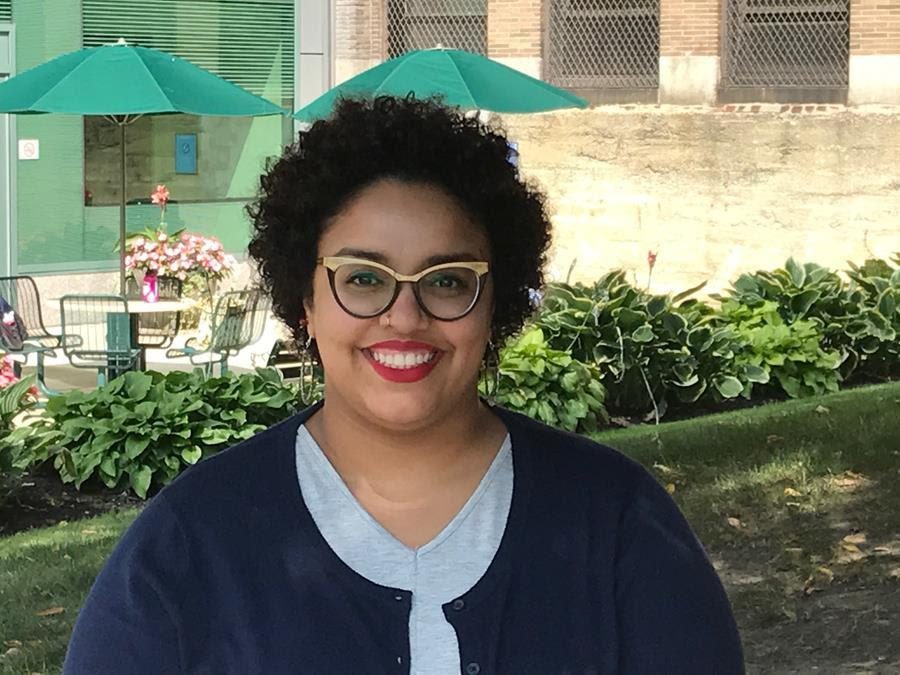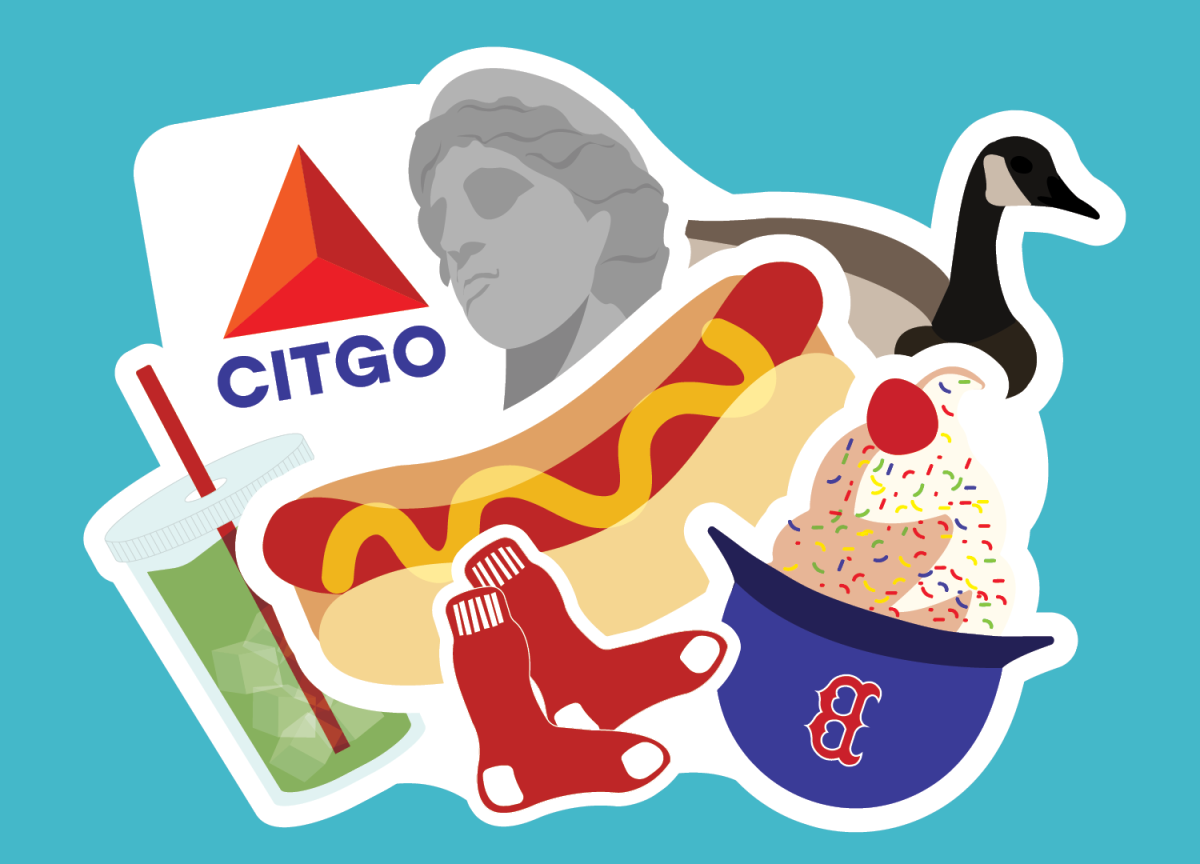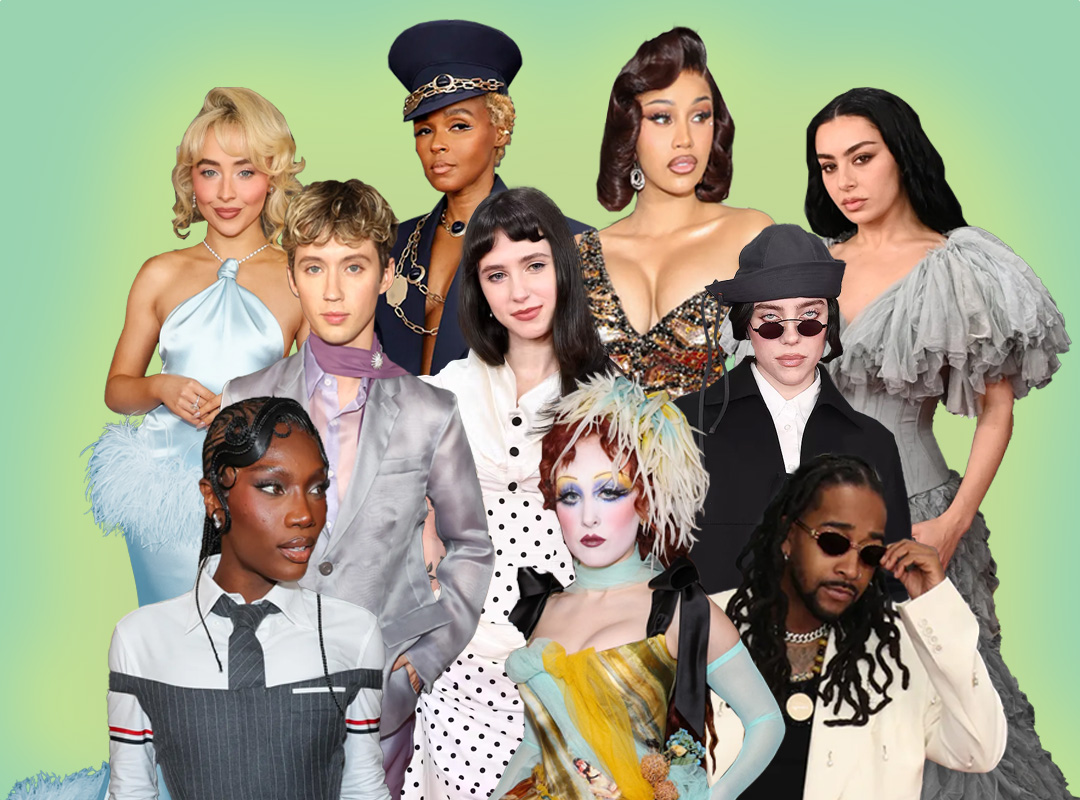Simran Gupta & Kaydee Donohoo
Editors-in-Chief
As October 31 approaches, people will flock to Target and the Garment District to put together costumes for Halloween. These costumes will range from historical figures, to movie characters, to the tried-and-true witch or vampire. As we begin putting the finishing touches on, however, remember to put some thought into your final decision.
It feels like a redundancy now. This reminder should be unnecessary, but unfortunately it is not an overreaction. Do not ask your South Asian friends to borrow traditional clothing so that you can dress up as an “Indian Princess,” because what in the world does that even mean? Do not ask your Middle Eastern friends for their traditional clothing either, because doing “Arabian Nights” or “Gypsy” themed costumes are just as terrible.
The most repeated, egregious offense is the mimicked Native American headdresses that seem to pop up year after year. There is a historical aspect as to why dressing up like Pocahontas, or any indigenous person is offensive. The U.S. has systematically wiped out native peoples and their culture. They have ignored various treaties, treated the Native population as an afterthought, and brutalized the once-plentiful tribes that lived across the U.S. Treating traditional garb as a costume to revel in for 24 hours and then discard minimizes (and arguably erases) the brutal history and ignores the deep importance of it to the tribe as a whole.
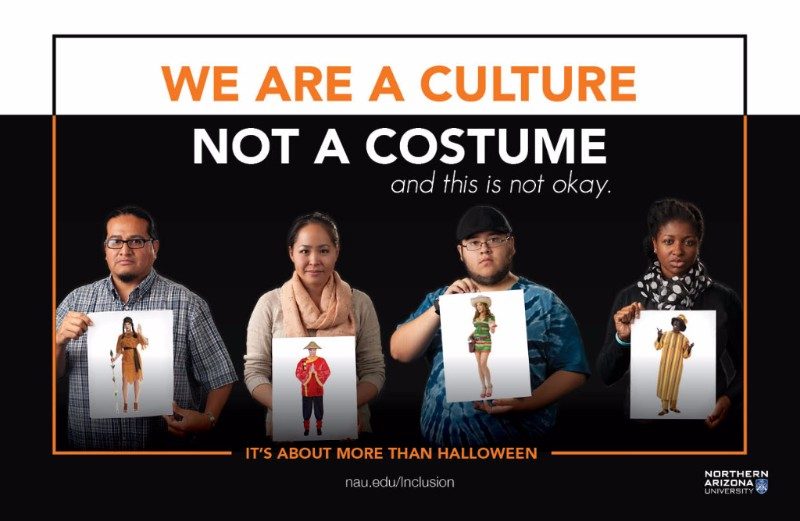
In the month of October, cultural appropriation comes in forms other than insensitive costumes. The Mexican holiday Día de los Muertos falls around the same time and consistently seems to suffer the same fate. Starbucks sells sugar skulls in cookie form, people dress up in the traditional face paint and outfits for fun, and costume stores constantly lump in decorations for Día de los Muertos with Halloween ones.
Corporations’ unwillingness to see the difference between Halloween and Día de los Muertos only exemplifies the lack of awareness in our society. There is a need to see cultures as homogenous, or as something for our entertainment.
The truth is, none of the above is harmless. There are real-life, societal consequences to treating cultural figures and aspects as fun and games. It takes away the humanity behind the people involved in the appropriated cultures. It keeps real oppression hidden. It encourages stereotypes and misinformation. It separates people from their cultures, and then ignores them, all for the sake for one holiday. It is entitlement, plain and simple.
There are countless other costumes and decorations to choose from. Don’t pick a culture.









